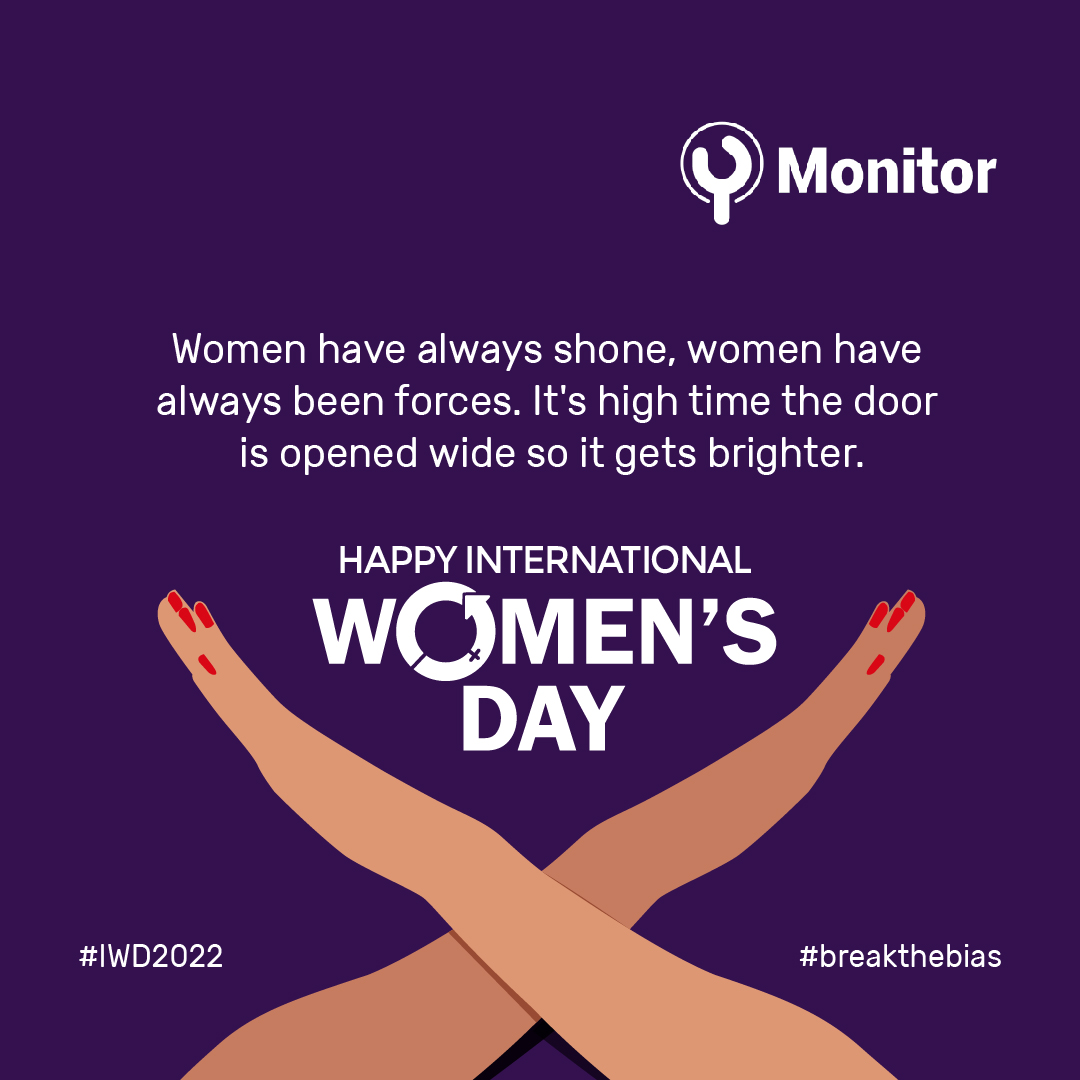- Have any questions?
- [email protected]
#IWD2022: Breaking the Bias for Strengthened Democracy

Key Provisions in the Recently Signed Electoral Act Amendment Bill, 2022
4 March 2022
Categories of People Eligible for INEC Continuous Voter Registration
16 March 2022The question of whether women or men make better leaders is in itself flawed. Whether one is to head a major corporation or be elected into public office, leadership entails several qualities, of which none is gender-related.
As leadership is not gender-specific, the qualities cultivated or developed by people in leadership positions make them great leaders who can either be males or females.
However, the marginalisation of women in political leadership has been a significant setback in Nigerian political development, as women are a strong pillar for grassroots politics and development.
With the several existing policies, platforms, and mechanisms to ensure equal opportunities for both gender in democratic governance, women’s inclusion has remained worryingly negligible.
Even though the growing advantages of gender parity and diversity in leadership are recognized across all realms, women are still highly underrepresented in political leadership. For example, the Nigerian National Assembly recently rejected bills that sought 35 percent appointed positions for women and 20 percent affirmative action in party administration.
Similarly, the National Gender Policy (NGP) in Nigeria had pegged women’s representation at least 35% of elective political and appointive public service positions. However, only about 7 per cent of Nigerian females hold public or political office positions, which is way below the global average of 22.5 per cent and even the African Regional Average of 23.4 per cent.
The Gender in Nigeria Report noted that women’s leadership is not only for women’s empowerment but also for strategic importance due to its importance and benefits.
In the same vein, the National Democratic Institute of Nigeria noted that “every country deserves to have the best possible leader, and that means that women have to be given a chance to compete. If they are never given a chance to compete in the electoral process, then countries are really robbing themselves of a great deal of talent”.
Therefore, having women as political leaders and decision-makers across all levels of governance is vital to accelerating gender equality and justice and promoting economic, social, and political development for the benefit of all.
It is time for the nation to acknowledge the benefits of having women in leadership while being committed to placing more women in power, as women are potent agents of development.

